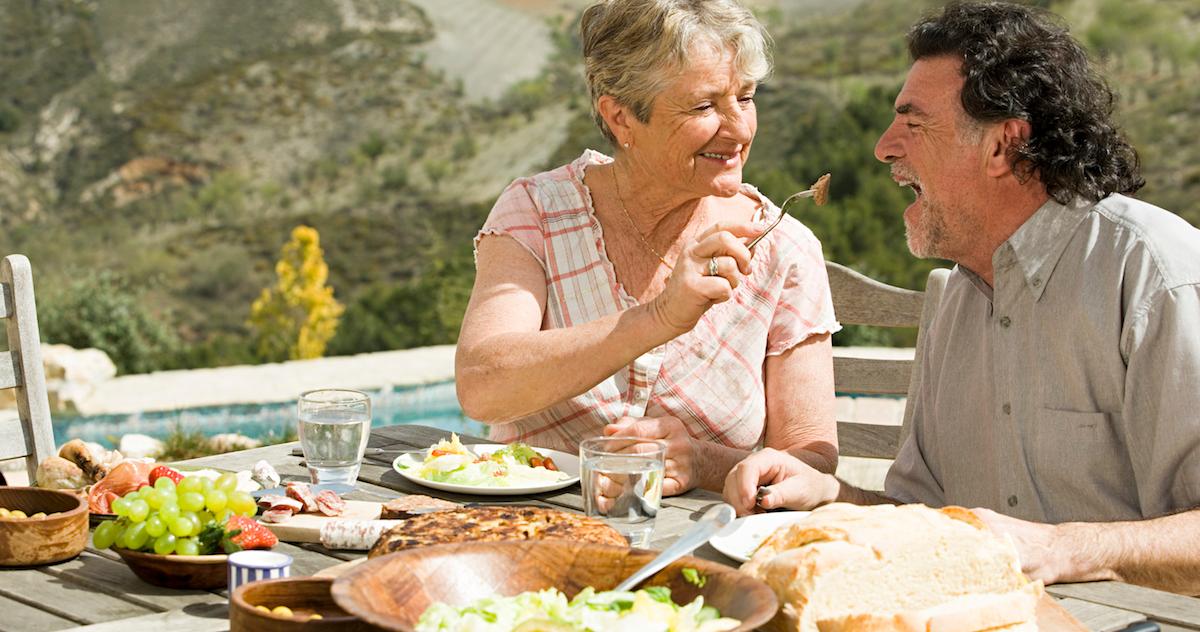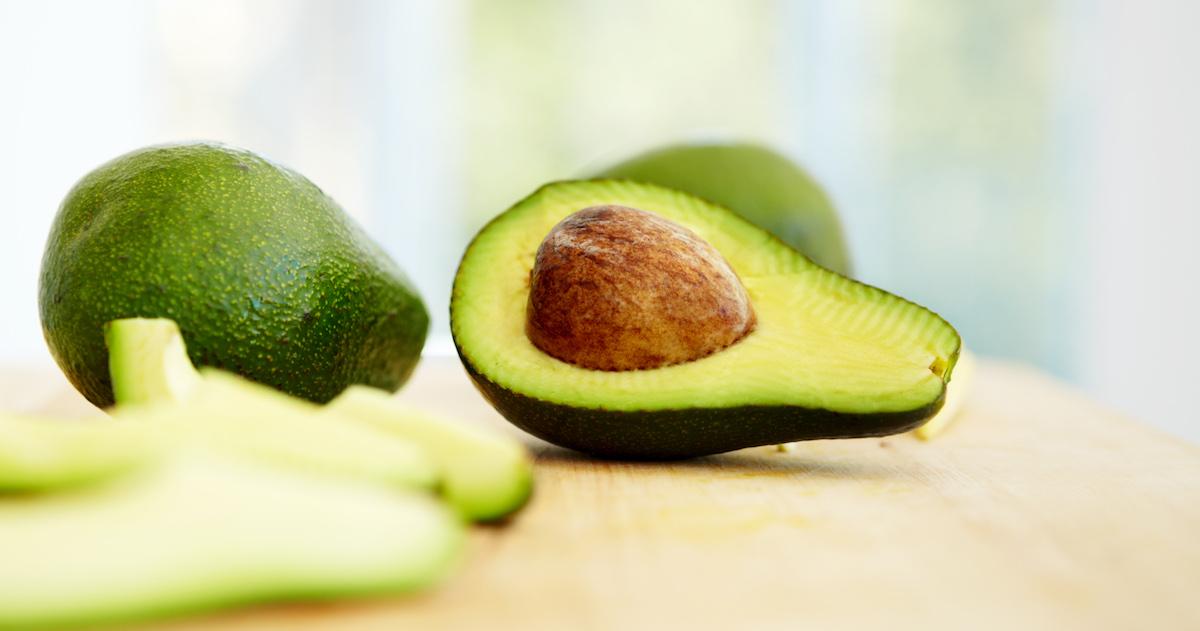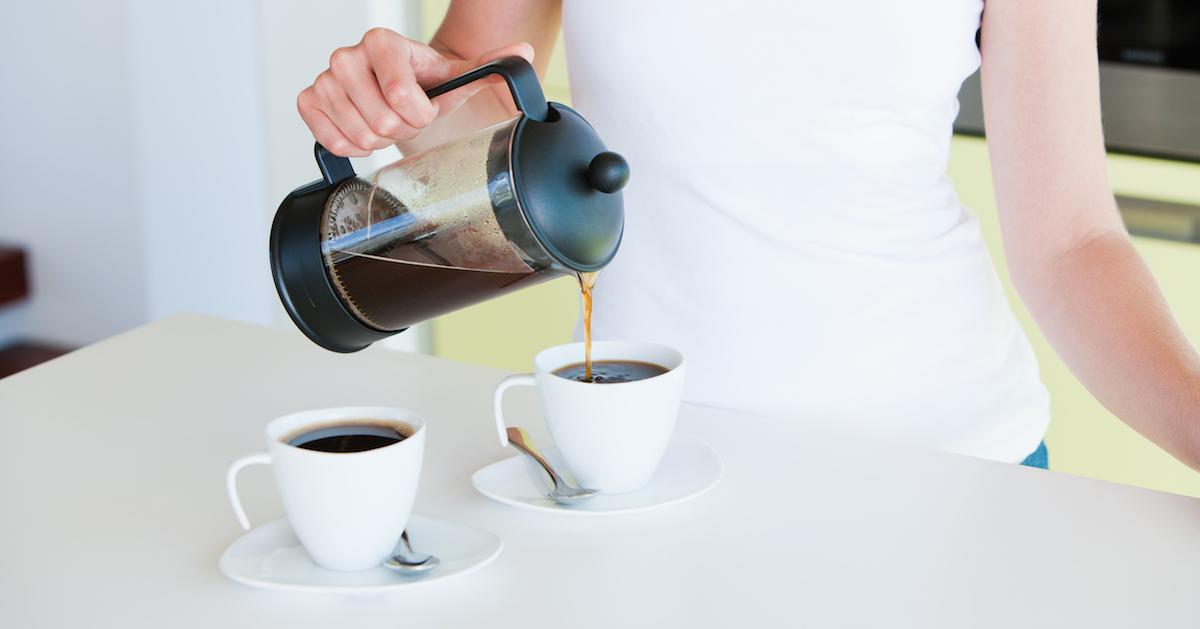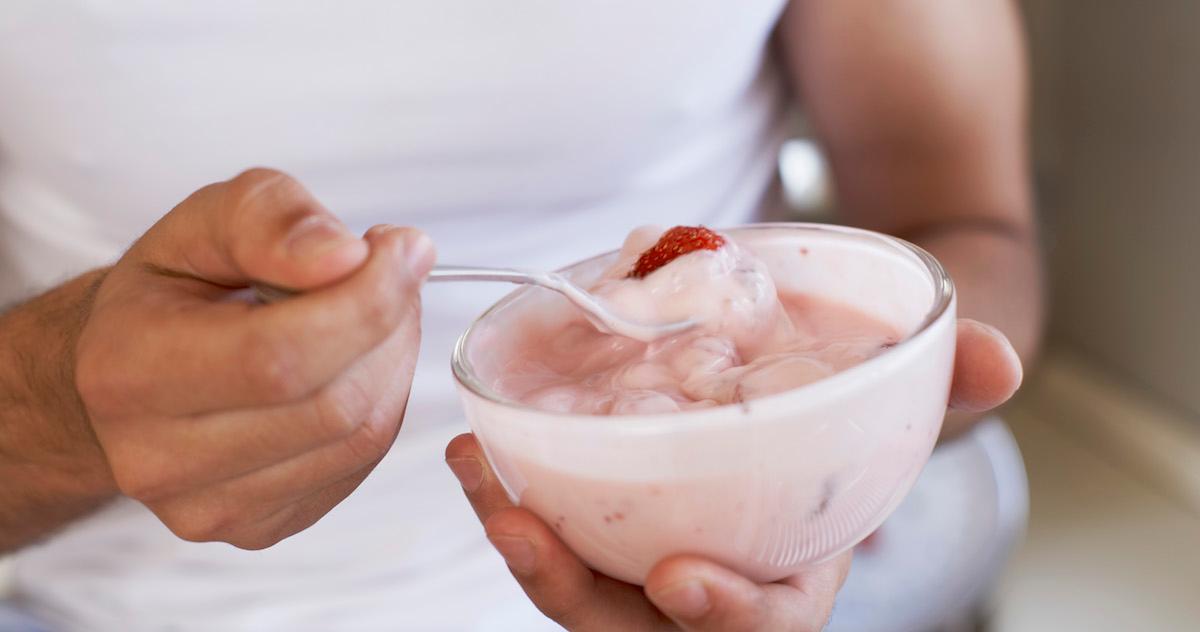These Foods May Help Reduce Depression
Published Feb. 4 2021, 9:43 a.m. ET

Depression is a difficult thing for anyone to deal with and it’s especially difficult to deal with on one’s own. Still, people find ways to cope. They turn to hobbies, social media, books, television, or food. Unfortunately, the foods we reach for to make ourselves feel better when we are depressed are rarely ones that will actually boost our mood. Fortunately, there are some foods that can help with depression. Read on to find out more.
What foods help with depression?

Though the foods listed below aren’t guaranteed to relieve depression, they may ease your symptoms or lift your spirits. As with any natural remedies, these foods are not meant to be a replacement for actual medical or psychiatric care. If your depression persists or you feel unsure, please consult your doctor and seek help. You are not alone.

Antioxidants
According to a study done in 2010, free radicals are some of the most troublesome molecules ever to wreak havoc upon our systems. These little motes of unpaired electrons have been known to cause cell damage and premature aging. There’s even some evidence that they affect brain function and could be responsible for depression in some way. Science has yet to find a way to get rid of them in their entirety, but it has discovered one particular compound that can push them out of our systems.
Antioxidants are the bane of free radicals and they can be found in dozens of different foods that we eat all the time. Foods that contain beta carotene, vitamin C, or vitamin E all contain antioxidant compounds. Eating some broccoli, carrots, blueberries, oranges, potatoes, peppers, strawberries, tomatoes, margarine, seeds, nuts, or anything rich in these vitamins could help soothe your depression and make you feel better all around.

Complex carbohydrates
Fad diets and dietitians have been telling us for years that carbs are bad. But if that’s the case, why does eating them make us feel so good? Well, research has shown that carbohydrates are linked to the production of serotonin, the mood-boosting brain chemical that creates a sense of happiness. We’re not suggesting you eat an entire row of Chips Ahoy! when you’re feeling down, but reaching for a complex carb that is also a plant-based whole food — such as whole grains, fruits, veggies, or beans — might do you some good.

Protein
Protein can boost brain power and energy but it could also help lift some of the effects of depression. Plant-based foods high in protein include soy products, beans, peas, and nuts and nut butters.
Look for proteins that contain omega-3 fatty acids. A recent meta-analysis involving 26 studies and over 150,000 participants, recently found that consuming high amounts of omega-3 actually helped protect against depression. If you don't want to eat them, you can also get your omega-3s by taking vegan omega-3 supplements.

Probiotics
The probiotics found in fermented foods like yogurt, kefir, sauerkraut, and kimchi have all been proven to aid in digestive health. A study conducted and published in 2020 revealed that probiotics might help reduce the negative thoughts associated with depression.
Recent studies referenced in Medical News Today concerning gut flora have been most illuminating. These microorganisms allegedly affect just about everything in our bodies, from our bowel movements to our personality profiles. All of these studies seem to warrant further investigation, however.
Vitamin D
Vitamin D is good for bone health and immunity, but a recent study indicated that it might be good for mental health as well. The study found that those with higher levels of vitamin D in their system were less prone to low moods and poor cognitive performance. You can get vitamin D by eating milk, eggs, and salmon, but if you’re vegan, reach for mushrooms instead. You can also take a vitamin D supplement, or try to get more sun — it’s the biggest source of vitamin D around.
Chocolate, coffee, and tea
Caffeine isn’t for everyone, but there is ample evidence that chocolate, coffee, tea, and other caffeine-rich foods can boost your serotonin levels. Dark chocolate also contains flavonols that can lower blood pressure and cholesterol, according to AARP. We’re not suggesting you go and get addicted to the stuff, but if a bite of chocolate can make someone feel better after a Dementor attack, then it might be able to lift your spirits.
If you or someone you know needs help, use SAMHSA’s Behavioral Health Treatment Services Locator to find support for mental health and substance use disorders in your area: https://findtreatment.samhsa.gov, or call 1-800-662-4357 for 24-hour assistance.